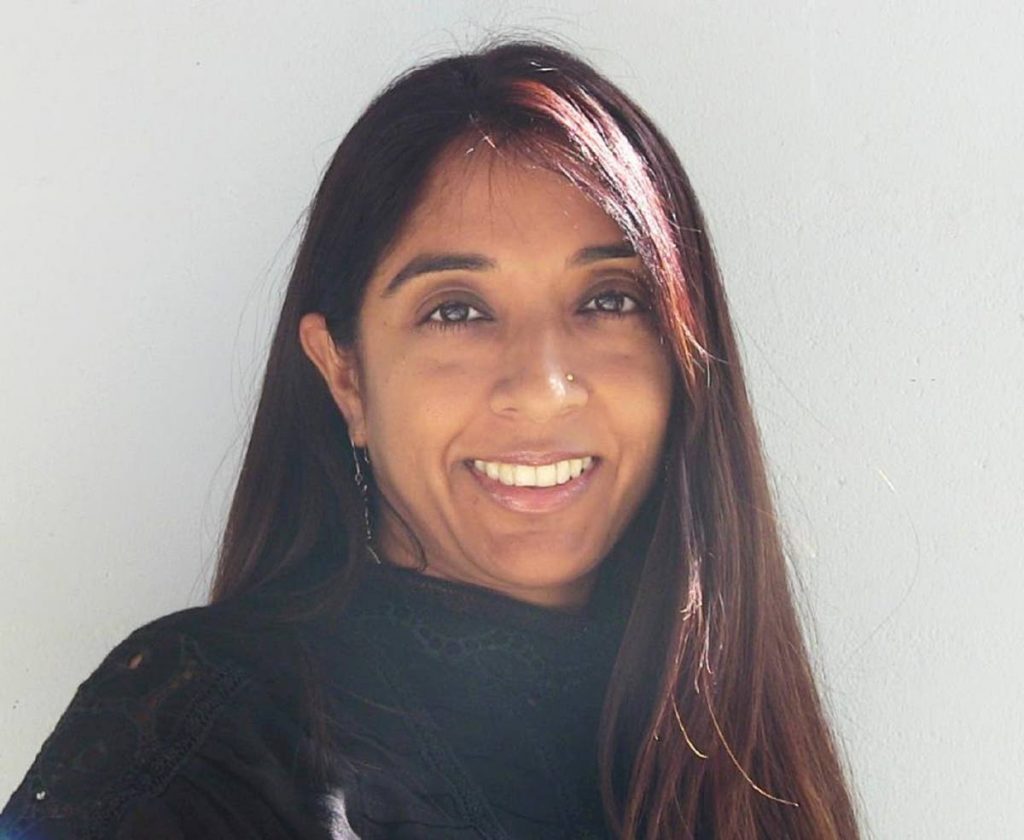High hopes for GBV Unit

Diary of a mothering worker
Entry 359
motheringworker@gmail.com
DR GABRIELLE JAMELA HOSEIN
A GENDER-BASED VIOLENCE (GBV) Unit is being established by the TTPS. Expectations are high and likely beyond what police response can provide, because real solutions require that policing be integrated with legal amendments, social services, NGO partnerships, data-driven strategies, community buy-in, and cultural change.
Hope is that the unit can co-ordinate police approaches to intimate partner violence, domestic violence and sexual violence in order to, among other goals, reduce the number of women killed.
Only about seven per cent of women report intimate partner violence to the police. Of those who experience intimate partner violence in their lifetime, about 25 per cent do not report. If the TTPS implements measures to make reporting easier, kinder and safer, such as through taking reports from victims at their homes rather than at a station, those numbers could increase. What happens then?
The whole system, from hotlines to victim and witness support services to shelters to the magistrate and family courts, will have to be prepared for a surge in demand when women believe that reporting could lead to real protection and conviction. We won’t be sure if increased numbers reflect a rise in violence or a decrease in fear and silence, but forecasting these scenarios by the GBV Unit is necessary.
It’s the same with orders of protection. If around 10,000 are sought every year, what happens when better policing means they become easier to secure and more likely to be enforced through better record keeping of women’s reports, timely serving of summons, lethality assessments, and other follow-up?
There were 579 breaches of protection orders in five years, 174 breaches in 2019 alone. If these men are going to end up in jail, and they should, for breaching a protection order is a deliberate crime, are we prepared to provide mandatory counselling for perpetrators, to implement a restorative approach, and to find ways of making these repeat offenders less likely to get back out of jail and kill?
Women report fear for their lives when perpetrators are released, particularly when women are not informed by the prison system. Better policing is also going to require forecasting implications in relation to perpetrators.
The GBV Unit can do a number of things: continue to clarify the law for all police officers, not just those with oversight of GBV or DV (domestic violence) crimes; continue to educate all police about established protocols with regard to DV reports; recognise that police may be friendly with perpetrators, may be perpetrators and may discourage reporting; and include outreach to migrant women so they know they can safely report GBV crimes, which are a violation of their human rights, without fear of deportation or greater vulnerability to traffickers.
The unit can also establish a case study approach to better understand how to reduce men’s killing of women who have applied for orders of protection, and make sure the Domestic Violence Register is being actively engaged.
It should work closely with the Child Protection Unit, Victim and Witness Support Unit and Family Court to share rather than duplicate data. It’s also possible that DV reports can anticipate child sexual abuse reports, and the unit will need to understand the intersection of different forms of GBV in this way.
The police Crime and Problem Analysis Branch doesn’t currently make perpetrator data easily accessible. As we continue to emphasise understanding and ending perpetration, and not only telling women to recognise “red flags,” sex-disaggregated data that supports this advocacy is also necessary.
The unit should not start from scratch. The Coalition Against Domestic Violence has already been working with TTUTA to develop and implement the school programme Education for Empathy and Equality. The Sexual Culture of Justice project is producing a toolkit for the Police Academy with protocols for training new officers on issues of LGBTI bias and gender-based violence. It also highlights the particular vulnerability of transgender people, which is part of the problem of under-reporting.
Caricom recently published procedures for collecting data on domestic violence which may eliminate some obstacles to filling out report forms. The Caribbean Association for Feminist Research and Action has been undertaking gender sensitisation with police for decades, and the Network of Rural Women Producers has been working with youth and police in the police youth clubs, using the UN He For She Campaign and the Foundations Programme, to promote gender equality.
A civil society advisory committee to provide guidance and ensure accountability is key. The unit has the opportunity to get things right before getting them wrong. Women’s lives are at stake. Fear and outrage demand urgency.


Comments
"High hopes for GBV Unit"